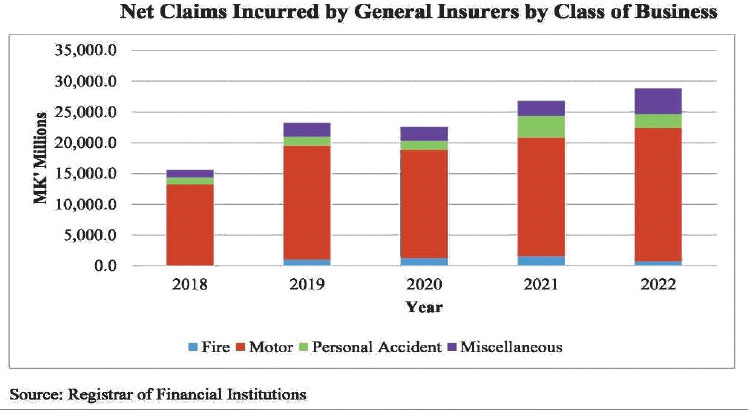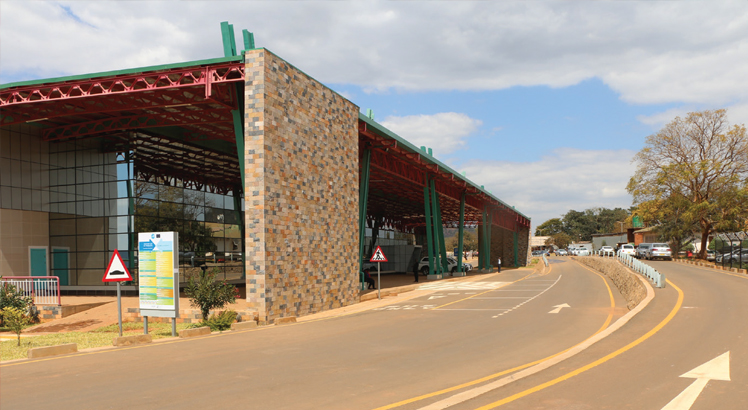RBM lauds plan on remittances
The Reserve Bank of Malawi (RBM) says the proposal by the Bretton Woods institutions to provide technical assistance to countries such as Malawi will help to reduce the cost of remittances and cross-border payments.
In a policy paper titled ‘IMF and World Bank approach to cross-border payments technical assistance’, the International Monetary Fund (IMF) and the World Bank say the technical assistance will mainly focus on helping countries such as Malawi to improve their access to payment systems as well as extending and aligning operating hours.

Reads the policy paper in part: “It will also focus on interlinking of payment systems, combating money laundering and the financing of terrorism and harmonising payment systems by adopting the global and open standard for exchanging financial information.”
The recommendation follows observations by the IMF that the costs of remittances, which is money send by migrant workers or people in the diaspora to their home country, are higher in most countries, particularly emerging and developing economies.
The development limits the potential of international trade as a catalyst for development and financial inclusion.
For instance the IMF said the cost of sending $200 (about K340 000) to Malawi in 2021, was at $18 (about K30 600) or 8.9 percent of the value of the transaction.
This is about 3.9 percentage points higher than the three to five percent threshold set by the G20, World Bank and the IMF.
Speaking in an interview yesterday, RBM spokesperson Mark Lungu said the proposal, if implemented, could help to reduce the transactional costs for remittances in the country.
He said: “The reduction in cost of sending money will allow affordability to those who could not send money before due to higher cost and that has the potential of increasing volumes of remittances into the country which will improve the foreign exchange situation.”
Economic statistician Alick Nyasulu, who is based in Asia, said in an interview yesterday that local regulators can issue directives to reduce the cost of the cross-border remittances, but cautioned that the liberal financial institutions could undermine the implementation of their proposed reforms in Malawi.
“We have a contradiction in the sense that the minds behind the so-called three to five percent threshold champion liberal financial systems,” he said.
The proposal to reduce the cost of remittances correspondents with a proposal unveiled by Minister of Finance and Economic Affairs Simplex Chithyola Banda to increase the amount of foreign exchange generated through increased engagement with Malawians living in the diaspora.
Data from the RBM shows that Malawi’s net remittances have been on a downward spiral from $21 million in 2019 to about $6 million in 2022.






One Comment